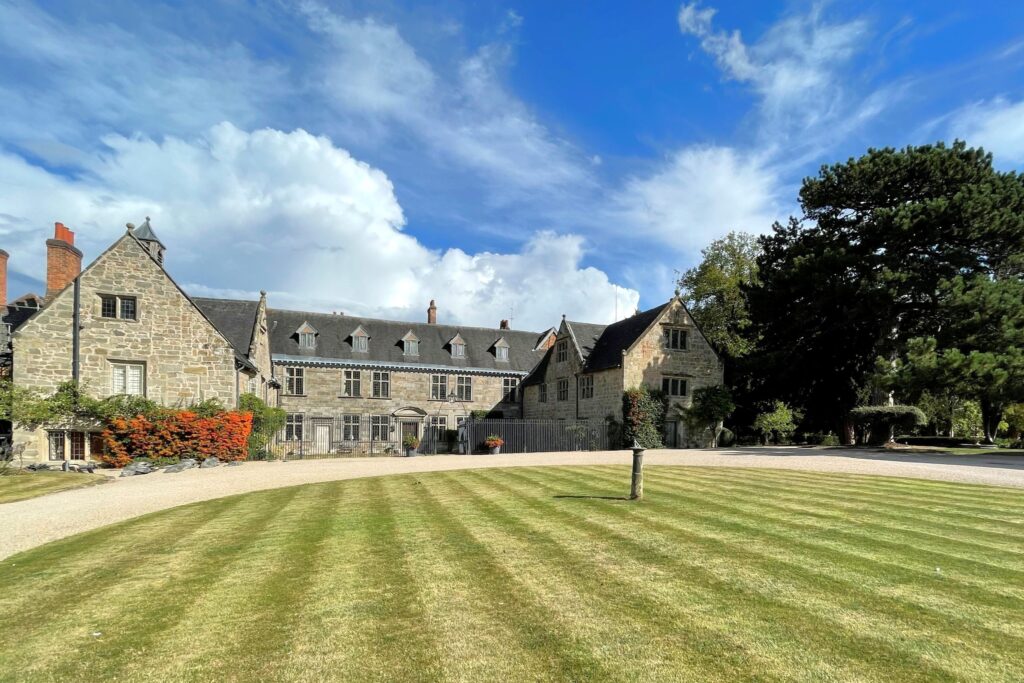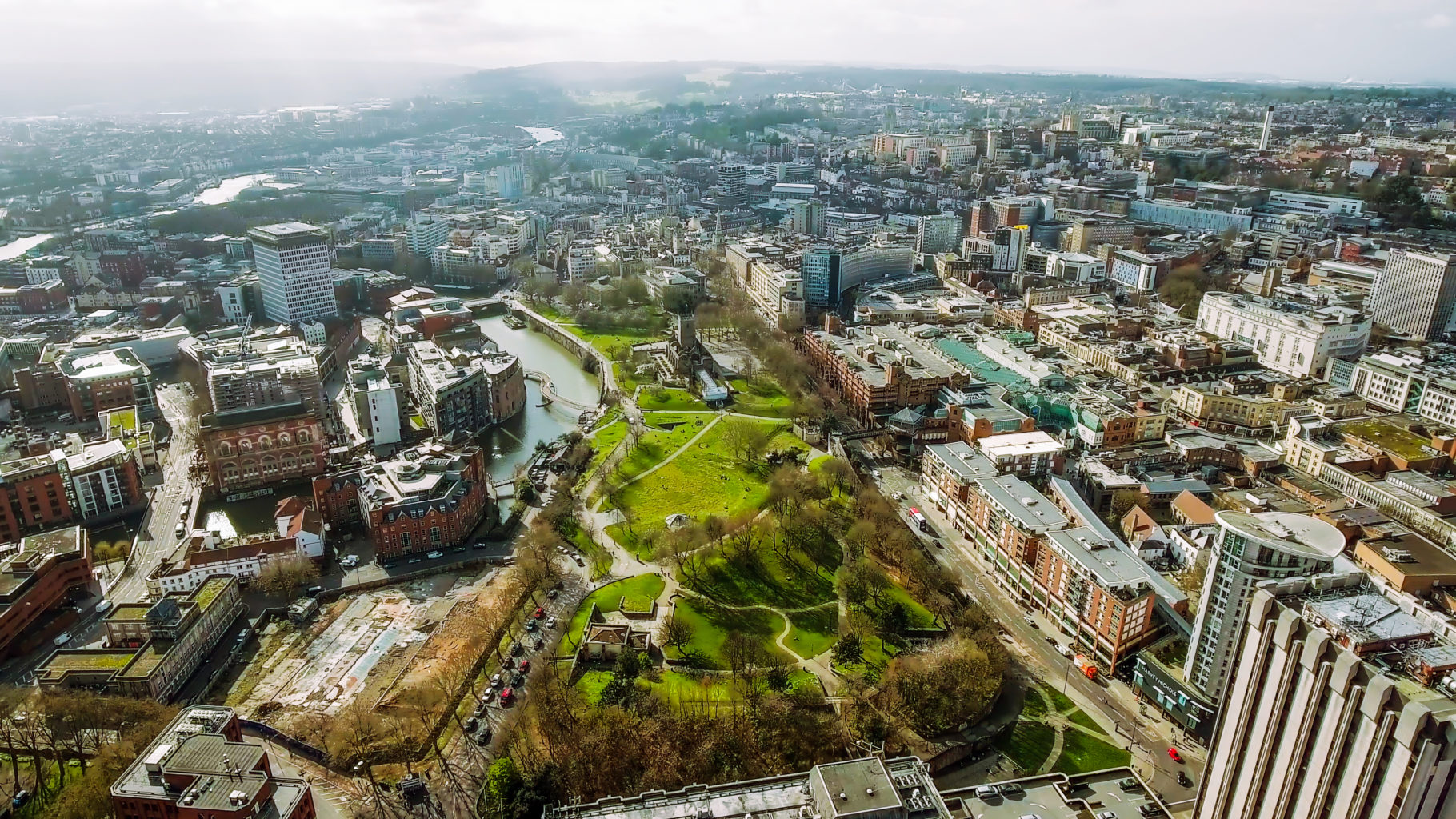The Habitat Bank – a leading environmental brokerage firm specialising in biodiversity net gain (BNG) – has successfully established a site at Langley Priory being the first registered biodiversity bank site in North West Leicestershire, with support from ecological consultants Ramm Sanderson and our planning team.
The site, secured through a conservation covenant with RSK Wilding, marks a significant milestone in delivering high-quality biodiversity units to support sustainable development in the region.
Langley Priory, a 16th century Grade II* listed estate is making available approximately 130 acres and delivers more than 250 biodiversity units. The site features a diverse range of habitats, including neutral grassland, mixed scrub, traditional orchards, hedgerows, ponds and individual trees – all contributing to the restoration and enhancement of the estate’s historic parkland setting.
Jon Golby, managing director of The Habitat Bank, said: “This site is a cornerstone of our mission to expand biodiversity conservation across the UK. The establishment of Langley Priory as a bank site is a testament to our vision of creating sustainable, high-impact biodiversity solutions that will support the delivery of development in the area.
“This site not only enhances the ecological value of the region but also demonstrates our commitment to delivering high-quality biodiversity solutions that support sustainable development.”
BNG, now a statutory requirement for most new developments, obliges developers to provide a minimum 10% biodiversity net gain on-site or the purchasing of biodiversity units secured on registered bank sites if on-site gain is not feasible. The Langley Priory bank site provides local developers with a high-quality, accessible source of biodiversity units – enabling more efficient compliance with BNG obligations and supporting sustainable growth in Leicestershire.
Our planning team provided legal support to The Habitat Bank, advising on the conservation covenant and facilitating the registration of Langley Priory on the national register of biodiversity bank sites. The team included legal planning partner Anna Cartledge and associate Josh Morley.
Anna Cartledge said: “Securing Langley Priory as a registered bank site demonstrates the potential of innovative approaches like conservation covenants to deliver lasting environmental benefits. It will undoubtedly unlock developments coming forward and The Habitat Bank has many more bank sites in the pipeline in Leicestershire – all contributing towards the development potential in the region. We are proud to have supported this landmark project and set a precedent for future developments.”
With more than 600 acres currently in development as future bank sites, The Habitat Bank plans to bring these sites online over the coming months – significantly expanding the availability of local biodiversity units and supporting sustainable development across the Midlands.




